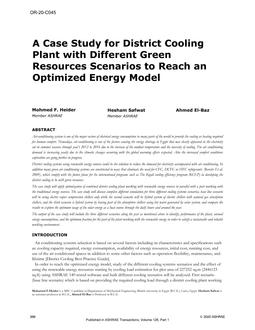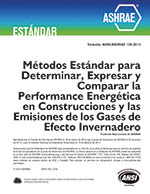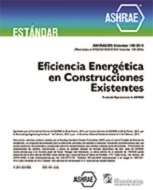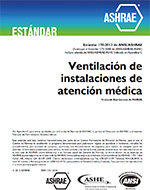Description
Air-conditioning system is one of the major sectors of electrical energy consumption in many parts of the world to provide the cooling or heating requiredfor human comfort. Nowadays, air-conditioning is one of the factors causing the energy shortage in Egypt that was clearly appeared in the electricitycut in summer seasons through year’s 2012 to 2016 due to the increase of the outdoor temperature and the necessity of cooling. The air conditioningdemand is increasing yearly due to the climatic changes occurring with the global warming effects expected. Also the increased comfort conditionsaspiration are going further in progress.
District cooling systems using renewable energy sources could be the solution to reduce the demand for electricity accompanied with air conditioning. Inaddition many green air conditioning systems are constructed in ways that eliminate the need for CFC, HCFC or HFC refrigerants [Bereche Et al.2009], which comply with the future plans for the international programs such as The Kigali cooling efficiency program (KCEP) in developing thedistrict cooling to be with green resources
The case study will apply optimization of combined district cooling plant working with renewable energy sources in parallel with a part working withthe traditional energy sources. The case study will discuss complete different simulation for three different cooling systems scenarios, base line scenariowill be using electric vapor compression chillers only while the second scenario will be hybrid system of electric chillers with natural gas absorptionchillers, and the third scenario is hybrid system by having part of the absorption chillers using hot water generated by solar system, and compare theresults to explore the optimum usage of the solar energy as a heat source through the daily hours and around the year.
The output of the case study will include the three different scenarios along the year as mentioned above to identify, performance of the plant, annualenergy consumptions, and the optimum fraction for the part of the plant working with the renewable energy in order to satisfy a sustainable and reliableworking environment.
Citation: 2020 Winter Conference, Orlando, FL Conference Papers
Product Details
- Published:
- 2020
- Number of Pages:
- 9
- Units of Measure:
- Dual
- File Size:
- 1 file , 1.2 MB
- Product Code(s):
- D-OR-20-C045




